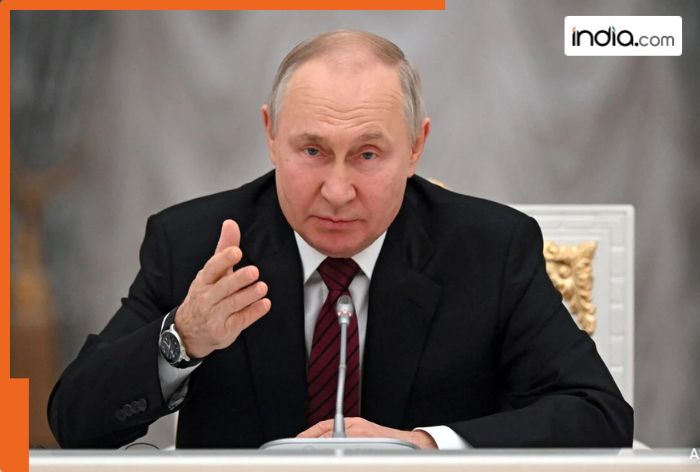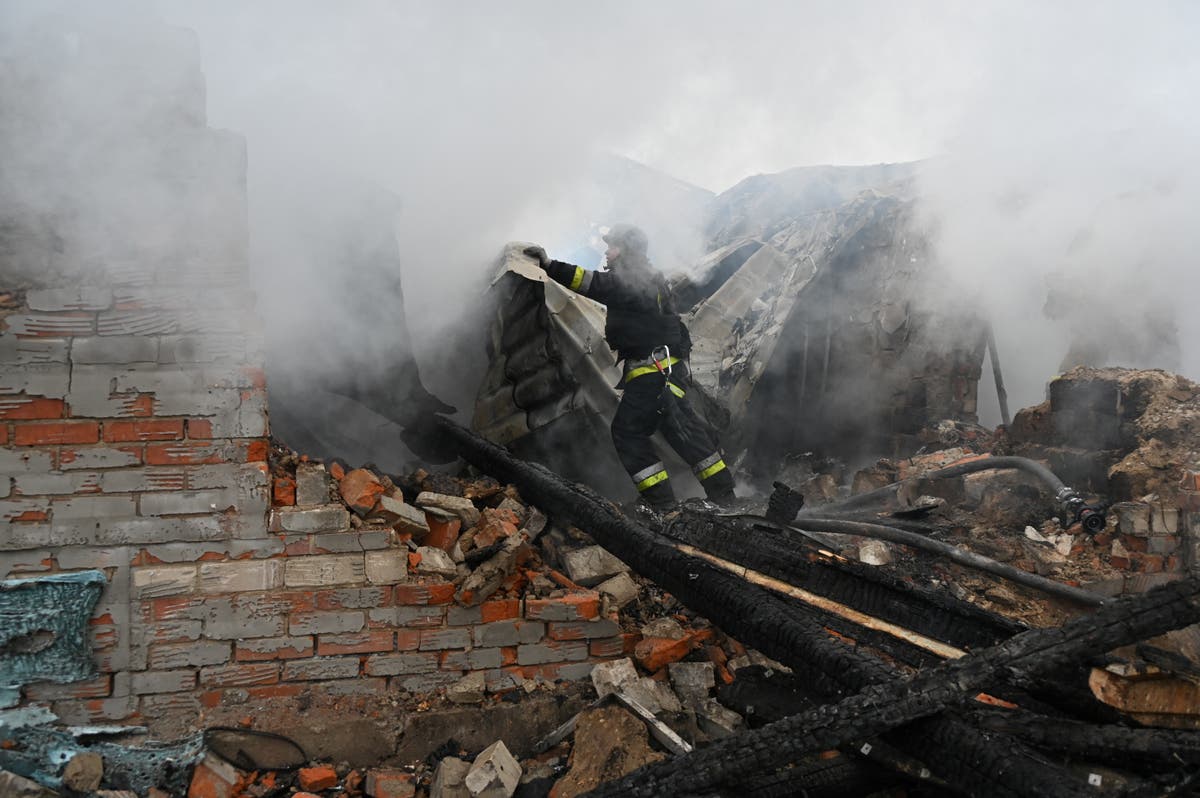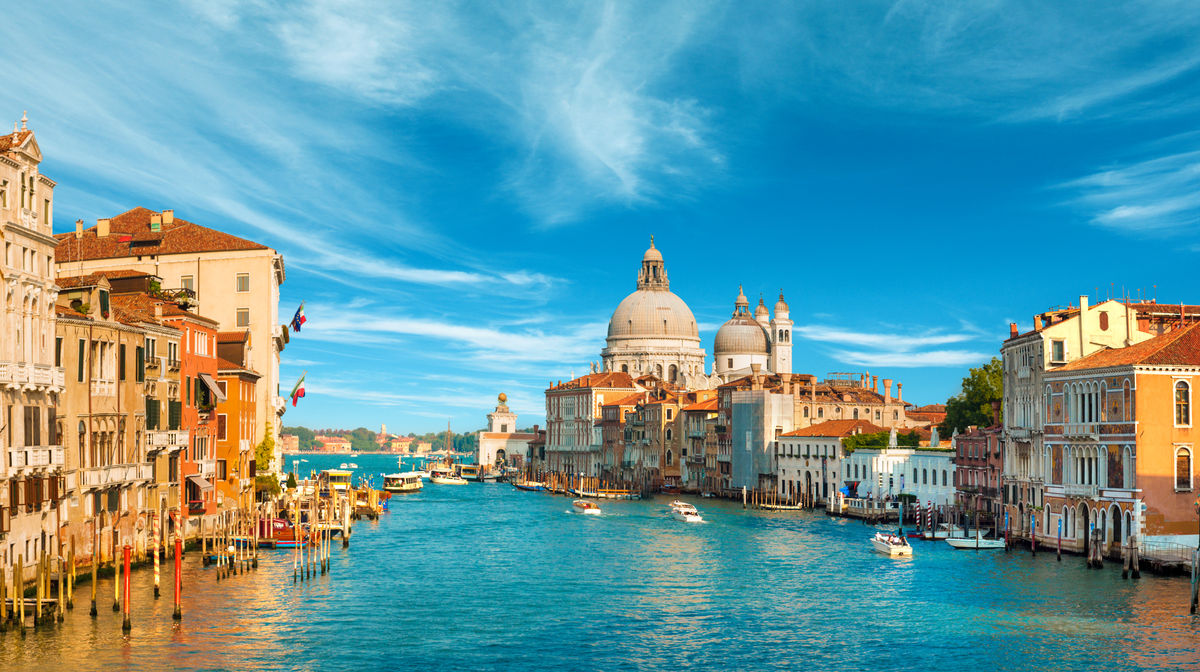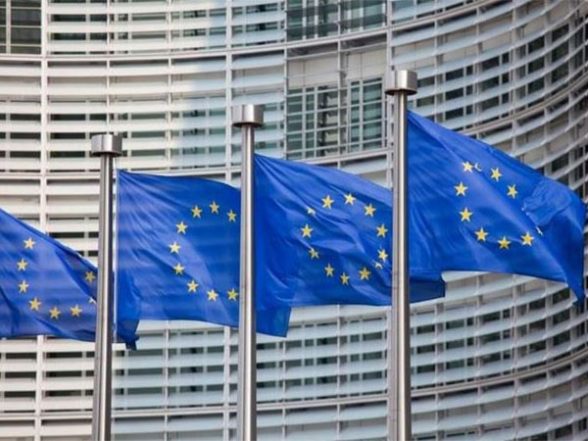EU firms resist plan to screen private investment into China

The proposal was coordinated with the United States, which launched its own mechanism to stem the flow of capital into some Chinese industries last year.
But as it stands, outbound screening appears the pillar least likely to be achieved.
“The introduction of state controls on European companies’ outbound investments is not the right policy path to achieve economic security since it would constitute a major interference within the realm of companies’ business decisions and international investment flows,” read a submission from SEMI Europe, the industry association representing the global electronics manufacturing and design supply chain.
BusinessEurope, an umbrella lobby group representing national-level business chambers in EU member states, said it had a cautious approach towards “any limitations on outbound investment that do not arise from sanctions”.
“There is a potential chilling effect that should not be underestimated as this can have a significant impact on research and innovation, operations of European companies globally and inbound investments,” its submission read.
Groups from the Netherlands and Sweden also expressed scepticism, joining a chorus of voices against a policy proposal that also remains deeply unpopular among national governments.
Some capitals struggle to see the need for an instrument that could be an administrative burden, especially given the low levels of EU investment in these sectors of the Chinese economy.
Tobias Gehrke, an expert in geoeconomics at the European Council on Foreign Relations, said von der Leyen’s best chance of passing the tool would be as a “political bargain” with the US.
“[Outbound screening] always had a strong US connection. It was part of a political package that shows EU is serious about tech leakage risks. How it will be taken forward will depend much more on transatlantic politics than on deep rooted evidence of harm,” he said.
“There is clearly no strong internal interest to take it forward, but keeping the process alive and technical can come in useful for some later political bargain.”
Only three of the 52 participants in the EU’s consultations were national government departments (ministries in Austria, Czechia, and Sweden). Two of those said there was a “knowledge gap” on the potential risks of technology leakages via outbound investments.
A recent report by the Institut Français des Relations Internationales (IFRI), a Parisian think tank, found “very modest” European investments in the four sectors in China, “between 2 per cent and 4 per cent per year” of all capital between 2019 and 2023. Those investments are dominated by German companies, with 49 instances found over the past 20 years, compared to France with 36, and the Netherlands and Portugal with 12 each.
Furthermore, there is a strong feeling in some capitals that if another pillar of the strategy could be achieved – a unified, EU-wide export controls regime – the need for outbound screening would be mitigated. It follows the logic that a company is not likely, for example, to build a factory making products in a jurisdiction in which it is forbidden to sell them.
The company itself is lobbying for the EU to harmonise the disparate regimes found in its capitals, arguing that 27 voices would be stronger in standing up to the US than one.
“With regards to Europe’s economic security, better coordination on export controls should be assessed as the primary instrument to prevent technology leakage in areas that are critical to national security, since these already take into account technology transfers,” SEMI Europe, of which ASML is a member, said in its submission.
The commission is now set to embark on a monitoring period with the 27 member states when they will note the flows of investments in the four sectors followed by a risk assessment report.
Related
Southgate says he decided to leave England job before Euro…
Gareth Southgate has revealed that he made the decision to step down as England manager before the Euro 2024 final in July, in which England lost to Spain.He ch
Gareth Southgate knew he was leaving England job before end…
Gareth Southgate has revealed he decided to step down as England manager before the end of Euro 2024. Southgate said in the immediate aftermath of England’s 2
Europe’s start-up ecosystem is evolving, with big investment returns now…
The future of a competitive Europe depends on innovation. To keep pace with other regions in an increasingly unstable geopolitical world, the E
/origin-imgresizer.eurosport.com/2024/12/22/image-284cc8ce-7ccf-402a-893c-d8c07ea741b7-85-2560-1440.jpeg)










